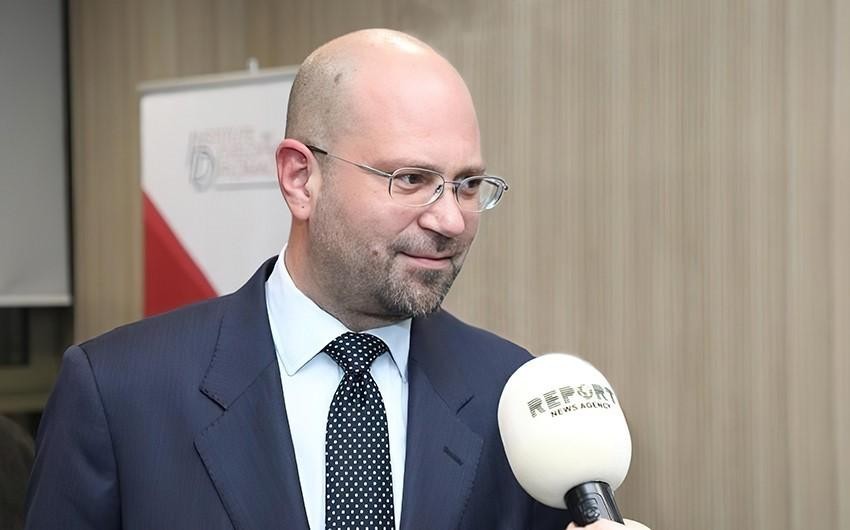Both the French government and various French political actors institutionally independent of the French government have similar internal, domestic reasons for making statements and taking concrete actions that are hard not to be understood as being pro-Armenia and pro-Armenian, Damjan Krnjevic, former adviser to the president of Serbia, director of political research, analysis and publications at the Institute of Development and Diplomacy at ADA University told Report.
“Now, one direct consequence of all this is the disqualification of France from playing any serious future role in any aspect of the ongoing Armenia-Azerbaijan peace talks. Most directly, this refers to the ad hoc mechanism that France - more than any other actor - championed, namely the format that took place on the margins of two previous summits of the European Political Community (Prague and Chisinau), which was supposed to continue in Grenada. Azerbaijan has made it clear not only that this format is no longer acceptable, but that Baku is not interested in participating in any format that involves France,” he noted.
“Perhaps this may change in the future - we shall see. But one thing is clear: Azerbaijan’s decision not to travel to Grenada should not have been a surprise for France, especially because President Aliyev has repeatedly spoke out publicly about the consequences of France’s one-sided speeches and deeds.”
“That being said, I don’t think any of this is going to fundamentally affect the course of the Armenia-Azerbaijan peace process: everyone serious understands who are the outside powers that have been central to it - to the peace process itself. At no time did this include France. So, in that sense, nothing has changed,” he added.


 https://static.report.az/photo/e3ebc977-fec2-384f-bbee-a68d4755217c.jpg
https://static.report.az/photo/e3ebc977-fec2-384f-bbee-a68d4755217c.jpg

